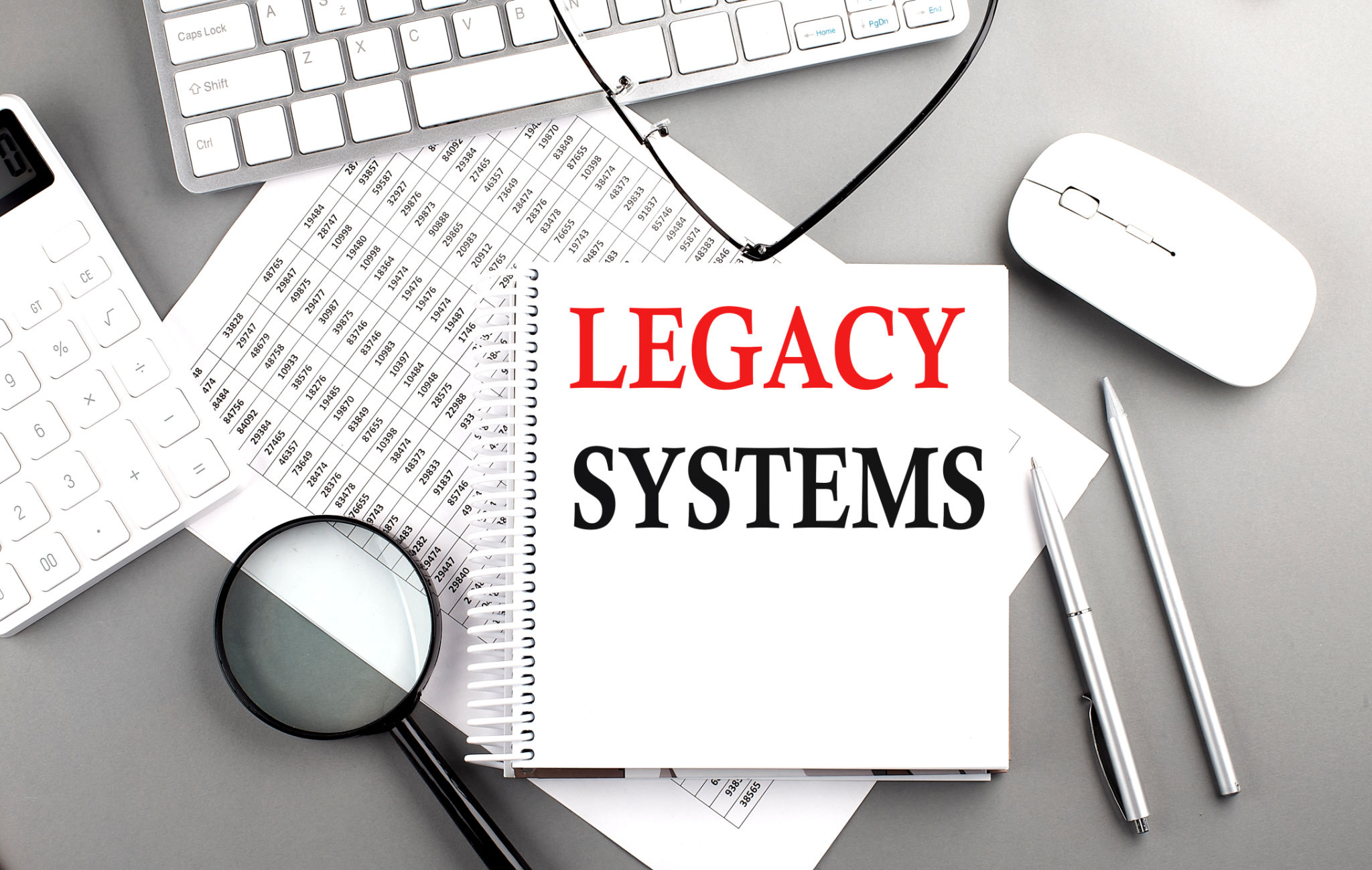Enterprise Blockchain Consultancy: Overcoming Common Implementation Challenges
Understanding Enterprise Blockchain Implementation
The integration of blockchain technology into enterprise systems presents a myriad of opportunities for businesses seeking to enhance transparency, security, and efficiency. However, the path to successful blockchain implementation is fraught with challenges that require strategic planning and expert guidance. Enterprise blockchain consultancy plays a pivotal role in navigating these hurdles to ensure a seamless transition.

Identifying and Addressing Key Challenges
Scalability Concerns
One of the most significant challenges in blockchain implementation is scalability. As blockchain networks grow, they can face issues related to transaction speed and network congestion. Consultants help organizations design scalable solutions that maintain performance without compromising the benefits of decentralization.
Integration with Legacy Systems
Integrating blockchain with existing legacy systems can be complex. Many enterprises struggle to align blockchain technology with their current infrastructure. This is where consultants provide invaluable assistance, developing strategies that ensure smooth integration while preserving the functionality of existing systems.

Ensuring Security and Compliance
Data Privacy and Security
Blockchain's decentralized nature enhances security, but it also introduces new vulnerabilities. Consultants work to implement robust security measures that protect data integrity and privacy, essential for building trust among stakeholders.
Regulatory Compliance
Navigating the regulatory landscape is crucial for any blockchain initiative. Compliance requirements vary across industries and regions, making it essential for enterprises to stay informed. Blockchain consultants provide expertise in aligning blockchain implementations with legal frameworks, ensuring that businesses remain compliant while leveraging new technologies.

Optimizing Resource Management
Cost and Resource Allocation
The financial investment required for blockchain projects can be substantial, often leading to budget constraints. Consultants assist in optimizing resource allocation, identifying cost-effective solutions that maximize return on investment without sacrificing quality or functionality.
Training and Skill Development
Adopting blockchain technology necessitates a skilled workforce. Enterprises often face challenges in finding or training employees with the necessary expertise. Consultants can facilitate training programs to upskill existing teams or recruit skilled professionals, ensuring that the organization is well-equipped to manage blockchain operations.

Conclusion: Leveraging Expertise for Success
Successfully implementing blockchain technology in an enterprise setting requires overcoming various challenges that span technical, regulatory, and operational domains. By engaging with experienced blockchain consultants, businesses can navigate these complexities effectively. With their guidance, enterprises can harness the full potential of blockchain to drive innovation and achieve strategic objectives.
